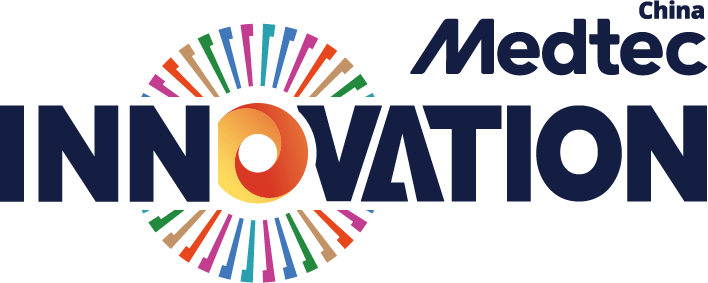FDA efforts to prioritize medtech innovation pay dividends
A decade ago, medical device companies often turned to Europe to score initial regulatory approval for new products. Even though the U.S. is a larger market, many companies looked to Europe to win regulatory approval for their medtech innovation efforts. As a result, European patients received access to new therapies an average of two years earlier than U.S. patients, according to 2010 research from Dr. Josh Makower.
But now the tables have turned, and the FDA is more likely to approve or clear novel medical devices before their European counterparts.
“Where we were 10 years ago is not where we are today,” said Jennifer McCaney, the executive director of UCLA Biodesign at DeviceTalks West.
McCaney collaborated with Kwame Ulmer, managing partner of Medtech Impact Partners and BCG, to explore how medtech innovation has evolved over the past decade — and how FDA has adapted.
The research is a “combination of quantitative and qualitative,” Ulmer said. “That’s the exciting part.”
The research documents a markedly different regulatory landscape from 12 years ago. While the Makower report concluded that the U.S. regulatory landscape was unpredictable, inefficient and expensive, companies are now more likely to seek regulatory authorization in the U.S. before doing so elsewhere.
“I think it’s a testament to how far we’ve come in the past 12 years,” McCaney said.
FDA’s de novo classification process has evolved considerably. For example, “10 years ago, the de novo program was the ugly stepchild,” Ulmer said. “It was an extremely slow process.”
“If you had asked regulators 10 years ago if they would like you to use the de novo pathway, they would have probably encouraged you not to. There was a high level of unpredictability with it,” Ulmer said.
Regulatory timelines associated with the pathway are now faster and more predictable. Thanks to user fees, increased staffing and more precise guidelines, the agency has made the de novo a “valid pathway,” Ulmer said.
The FDA’s progress in reviewing groundbreaking medical devices has broadly evolved due to more than a decade of policy innovation.
McCaney and Ulmer’s collaboration with BCG highlighted that a majority of 100 senior executives at medtech companies now favor the U.S. for initial regulatory clearance.
There are still anecdotes, of course, of companies encountering problems when aiming to get regulators’ blessing for medtech innovation. “We have some survey data where people still complain about [the agency] switching my lead reviewer, but at least we have publicly available data that we can mine, and we have our survey data,” Ulmer said.
Article source: MDO










